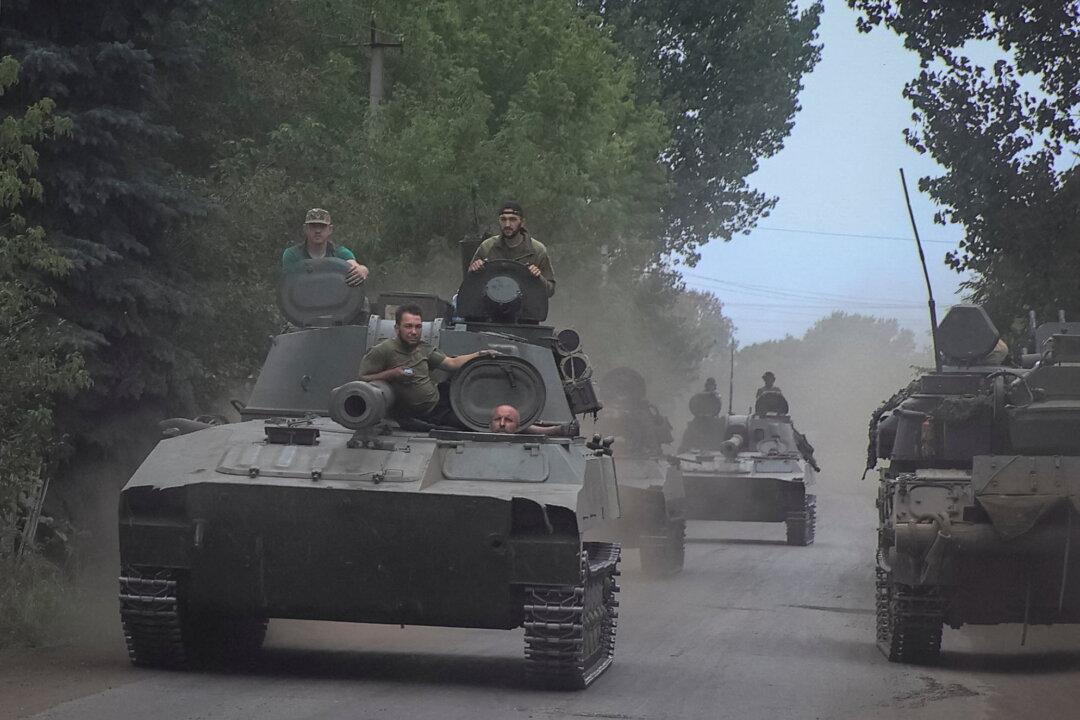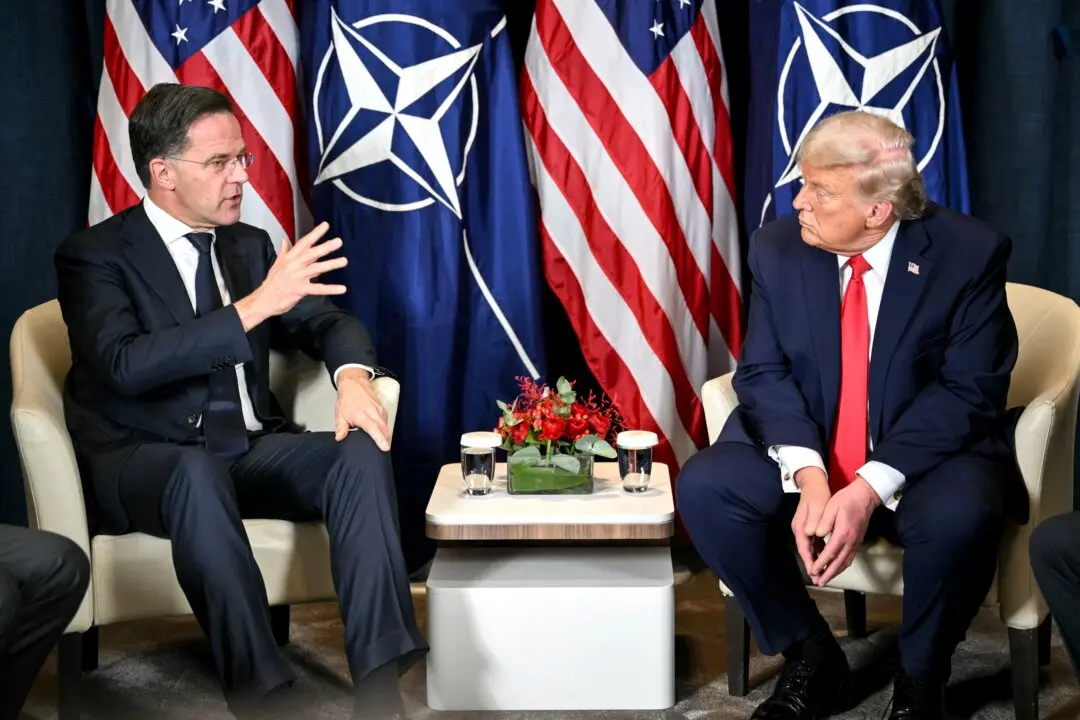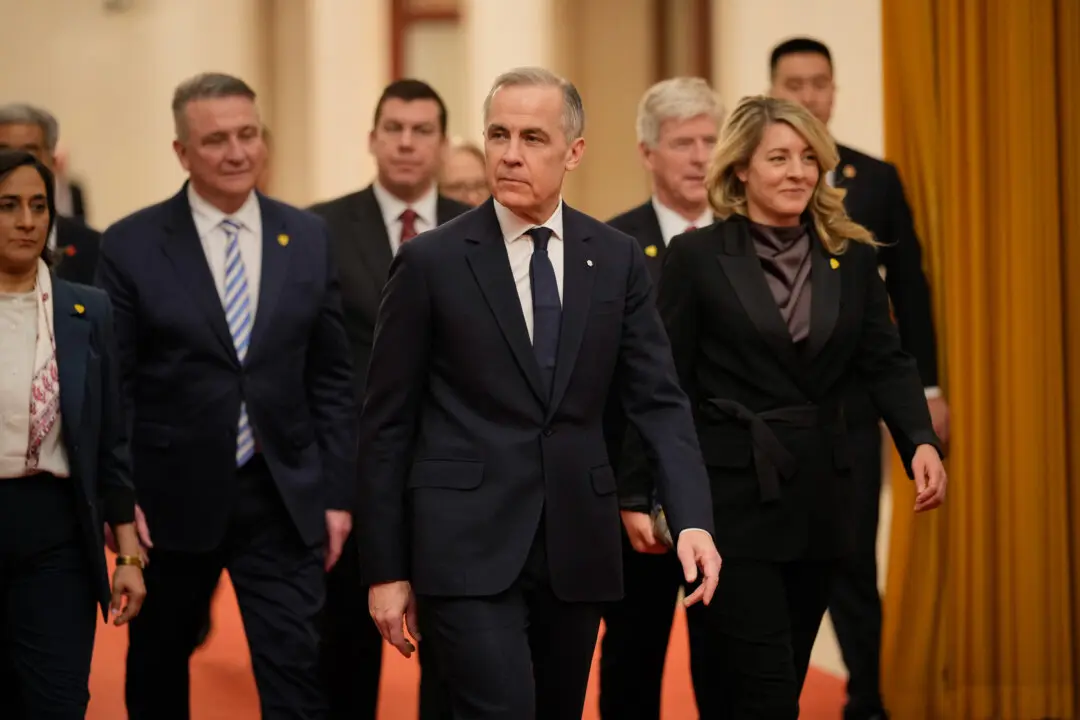Commentary
By any traditional criteria, it’s obvious that the Ukraine war is now ready for serious negotiations. The whole world knows that there are millions of Ukrainian refugees, that Russia has occupied approximately 20 percent of the country, though its possession of that is tenuous and severely contested, and that the physical destruction wrought in what was in many respects already an underdeveloped country, has been terrible.





